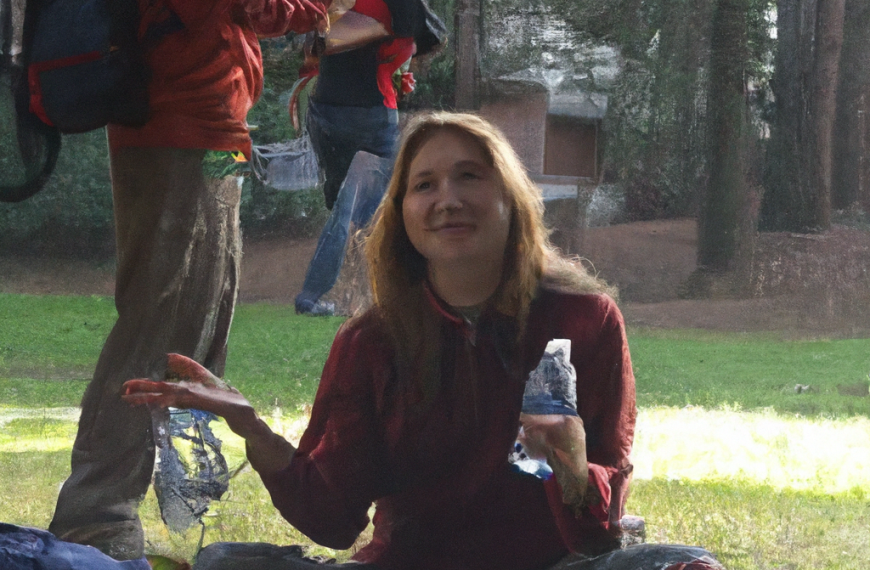In today’s consumer-driven and materialistic world, the concept of “living below your means” and embracing frugality might seem counterintuitive. However, these principles hold the key to achieving freedom, reducing stress, and finding fulfillment. Living below your means involves spending less than you earn, while practicing frugality entails making mindful decisions about resource allocation. In this article, we delve into the art of living below your means and explore how adopting frugality can lead to a balanced and content existence.
The Quest for Financial Independence
At its core, living below your means is a decision to prioritize stability and long-term aspirations over fleeting indulgences. This practice involves creating a budget that considers expenses and discretionary spending, allowing you to allocate a portion of your income towards savings and investments. By adhering to this lifestyle, you can establish an emergency fund, pay off debts, and work towards attaining financial freedom.
A fundamental aspect of living below your means revolves around distinguishing between wants and needs. Frugality encourages individuals to assess their spending habits, differentiating between necessities like housing, food, and healthcare, and discretionary spending on items that provide only temporary satisfaction. This approach prompts a change in perspective, emphasizing the long-term value of life’s pleasures.
The Beauty of Simplicity
In a world that constantly promotes gadgets, fashion trends, and luxurious experiences, frugality introduces the liberating concept of simplicity. Embracing this lifestyle means finding contentment in essentials and seeking happiness beyond possessions. It involves finding joy in spending quality time with loved ones, immersing oneself in nature’s beauty, or exploring personal endeavors.
Simplicity doesn’t imply sacrificing quality of life; rather, it involves reassessing values and discovering fulfillment in experiences rather than material possessions. Research indicates that experiences contribute more to lasting happiness than material belongings. A frugal individual might choose a weekend hiking trip with friends over a night out at a restaurant to cherish shared memories and engage in meaningful conversations.
Environmental Considerations
Living within your means and practicing frugality often align with sustainable living. Consumerism contributes to resource consumption, waste generation, and carbon emissions. By embracing a frugal lifestyle, individuals naturally reduce their environmental impact. Repairing and repurposing items, reducing single-use plastics, and making sustainable choices become part of daily life.
Moreover, adopting frugality often promotes minimalism, which extends to how you organize your living space. A clutter-free environment not only simplifies your life but also reduces the demand for resources involved in producing unnecessary items. By owning and buying fewer things, you contribute to a decrease in the demand for manufactured goods, easing the strain on our planet’s resources.
Building Resilience and Nurturing Creativity
Living within your means has benefits beyond financial stability. Being mindful of your spending enables you to better handle challenges. An emergency fund, established through frugal practices, serves as a safety net during tough times, alleviating the stress and anxiety associated with financial uncertainties.
Frugality also fosters problem-solving skills. Instead of relying solely on money to solve every issue, you develop the ability to find innovative solutions. This might involve engaging in DIY projects, acquiring new skills, or finding alternative approaches to achieve your goals without resorting to expensive options. Nurturing creativity in this way not only saves money but also enhances feelings of accomplishment and self-reliance.
Building a Secure Future
Embracing a frugal lifestyle and living within your means ensures a stable future. By being mindful with your savings and investments, you establish a foundation for retirement, pursuing passions beyond traditional work, and supporting causes that resonate with you.
Living within your means doesn’t mean sacrificing enjoyment for the sake of the future. It’s about finding balance and making choices. Someone who embraces frugality may allocate a portion of their budget for leisure and entertainment, doing so thoughtfully to ensure these expenses align with their values and long-term goals.
The Journey of Self-Discovery
Embracing frugality and living within your means goes beyond financial strategies; it’s also a journey of personal growth. By challenging norms and questioning consumerism, you uncover what truly matters to you. You learn to define success on your terms rather than succumbing to external pressures.
Throughout this transformative journey, you’ll likely experience a shift in mindset and values. Material possessions become less significant as you place importance on relationships, personal development, and making meaningful contributions to the world. Transforming your lifestyle in this way can result in a purposeful existence, where your choices align with your true self.
Choosing to live within your means and embracing frugality goes beyond mere stability. It’s a way of life that promotes mindful spending, environmental awareness, and personal development. By valuing experiences over material possessions and focusing on long-term objectives, you create a path for a content, well-rounded, and gratifying life. As you embark on this journey, remember that living below your means is not about deprivation but about a richer, more meaningful existence.









